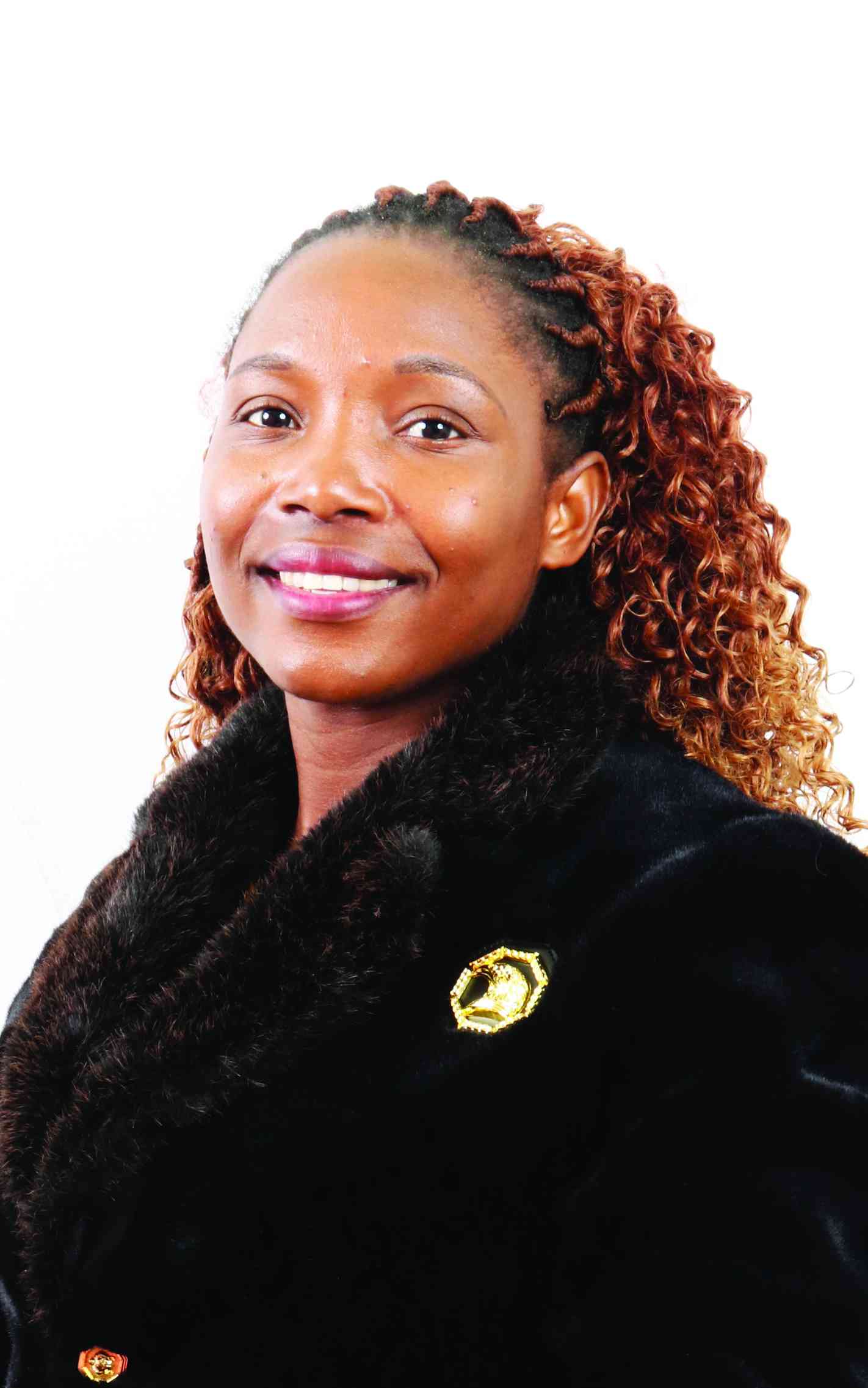
IN recent months, Zimbabwe — particularly Harare — has seen a sharp increase in road traffic accidents.
The Seke Road accident that claimed 17 lives on July 23, 2025, left many people reeling with fear and shock.
The accident was neither the first this year nor the last, as numerous other fatal collisions have continued to make headlines both within Harare and across the country.
A day after that tragic accident, another one occurred on the same road, although no fatalities were recorded.
On August 7, a vehicle overturned four times before landing on its roof on the same road. Lately, the media has become saturated with accident news.
Even pedestrians have not been spared, increasingly succumbing to the rising surge of road traffic accidents in daylight.
What were once rare, heart-rending events have become daily headlines, leaving many people gripped by fear and anxiety.
The fear has deprived the populace of travelling as a family. Because of the unpredictability of accidents, what if we embark on a journey to understand the mind?
- Mavhunga puts DeMbare into Chibuku quarterfinals
- Bulls to charge into Zimbabwe gold stocks
- Ndiraya concerned as goals dry up
- Letters: How solar power is transforming African farms
Keep Reading
Accidents and the human mind
The human brain is designed to detect danger and protect us from it. This denotes that when accidents become frequent, our brains interpret travel as a threat. The result? A spontaneous fear response: tense muscles, a racing heart or an overwhelming urge to avoid the roads, feeling anxious before travelling, having intrusive thoughts about accidents, feeling helpless or overwhelmed after hearing accident news.
In a climate where every day seems to bring another catastrophe, it is not unexpected that fear is becoming collective and widespread, with people exhibiting instinctive behaviours like gripping the edges of their seats, looking out nervously and scanning the road when travelling. While helpful in true emergencies, persistent hypervigilance can lead to anxiety, avoidance behaviour, and in severe cases, post-traumatic stress disorder (PTSD).
Our brains tend to remember and pay more attention to bad news more vividly than good news. This is called negativity bias. If, in our minds, one accident can outweigh a thousand safe trips, how much more profound is the impact when such tragedies occur repeatedly?
Accidents can cause vicarious trauma — a psychological condition experienced by individuals who are indirectly exposed to a traumatic event. In addition, when fear is shared across communities, it becomes a social condition: collective trauma. Repeated and highly publicised traffic accidents become communal experiences that evoke shared emotional responses, particularly when victims are known people from local communities and when there is a recurrent pattern, for instance during public holidays or at specific blackspots.
An additional explanation lies in moral anxiety, which is commonly experienced by survivors of accidents or near-misses. Some survivors grapple with guilt: “Why did I survive when others perished?”
For instance, the man who was ejected from a commuter omnibus, which was later involved in a horrific crash along Seke Road, grappled with survivor’s guilt when he hinted that had he not delayed the vehicle by arguing with the conductor over a torn note, it might not have crossed paths with the haulage truck it collided with. While many people viewed it as divine intervention, the man was consumed by guilt and remorse.
Others begin to question life’s meaning — existential anxiety — after witnessing too many deaths. Early signs of existential questioning become evident in social media posts like, “We struggle so much for a life that can end anytime”. According to terror management theory, reminders of death, such as repeated fatal accidents, can intensify anxiety and provoke a search for meaning, prompting individuals to reevaluate life’s purpose and value.
When accidents are attributed to spiritual forces, fear becomes unavoidable. In Zimbabwe, there have been speculation about areas where accidents recur often, which are considered “cursed” or “haunted”.
There are also suspicions that evil spiritual forces become more active during certain times and around specific months, and accidents that occur around that time are attributed to spiritual causes. The phrase ‘Don’t travel during the August holidays’ has become a familiar warning echoed by many Zimbabweans, reflecting deep-seated fear influenced by cultural and spiritual interpretations. These inferences amplify fear and anxiety evoked by a sense of helplessness.
Possible coping strategies
Validate your fear. It’s not a sign of weakness, but your brain’s way of saying, “I feel unsafe.” Suppressing one’s feelings does more harm than good. The first step towards healing is acknowledging your fear and finding healthier ways of managing it. It's normal to feel anxious, fearful and distressed after a tragedy. True power lies in acknowledging the emotions without being judgemental and working towards healing.
Limiting graphic exposure is extremely crucial. While staying informed is important, overexposure to images, videos, and accident details can intensify fear. Waking up to pictures and videos of rollovers, mangled vehicles, exposed engines and lifeless bodies can take a silent toll on mental health, especially when road accidents appear to be an everyday norm. It is, therefore, wise to choose how and when to consume such information and limit exposure.
Seeking support when one experiences fear and anxiety cannot be overstated. It plays a crucial role in healing and recovery. Support can be sought from family, friends or a professional therapist in order to deal with the emotional turmoil. For those who lost their loved ones, grief counselling can help to process negative emotions.
Moreover, fear can be transformed into purpose. It can be turned into advocacy. Channel fear into positive action. Join or support road safety campaigns. Report unsafe drivers. Educate others about travel safety. Advocacy creates purpose and reduces helplessness.
Fear may become a passenger in every trip if it is not addressed. Therefore, with the right tools, people can learn to be calm and triumph over it.










